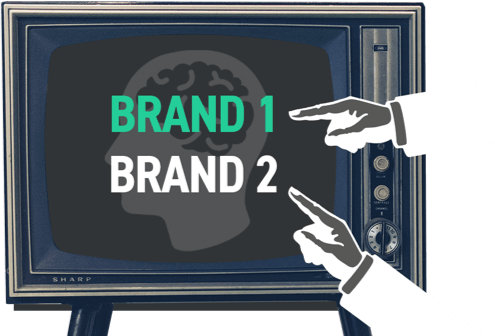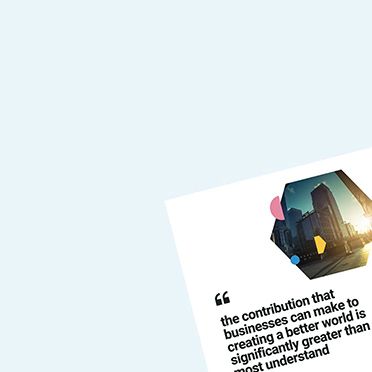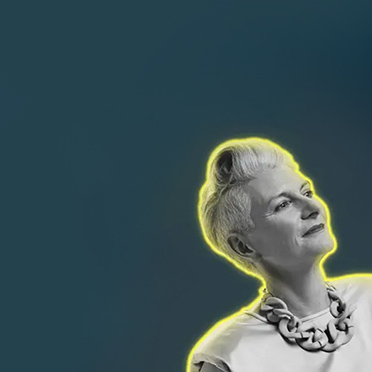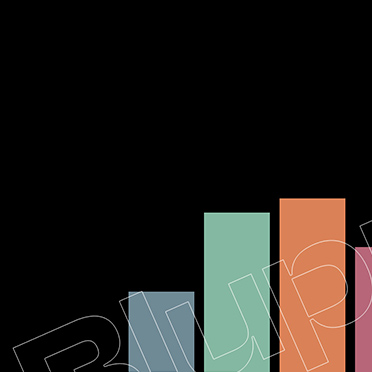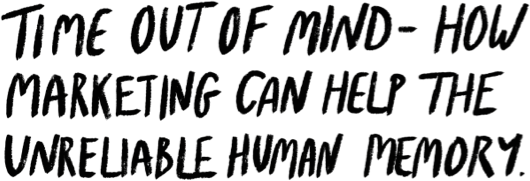
Human memory is a fickle, unreliable thing. Aside from walking into rooms and forgetting why you’re in there, the day of the week or the prime minister, there is a wealth of scientific studies to show that no, it’s not just you, there are clear neurological reasons why we tend to forget things.
In fact, some studies have found that we start to lose the details of learned knowledge over a surprisingly short space of time – in some cases as little as days or weeks. Which could be argued to be a significant advantage depending on which football team you follow.
But there is a clear downside – a result of this fading memory is that we tend to attach more importance and value to recent knowledge compared to knowledge from years ago. This leads to “recency bias”, which can impair our ability to make reasoned decisions when we have to compare new and old memories.
A 2020 study carried out for investment firm Charles Schwab found that this recency bias
was the single most common behavioural bias that impacted people’s ability to make
good decisions about their investment portfolio.
That same bias is at work when people make purchasing decisions for their business, and it’s a particular challenge in industries where potential clients are only in market once every few years. Will they remember your campaign from last time around? Will they even remember your brand? What if the competition happened to have been talking to them more recently?
Addressing this is a critical factor in making sure you can build some real positive bias for your brand with your audience.
The sales team is clearly a critical route in doing this, but they can only go so far. There’s only so many phone calls, dinners and coffees at trade shows they can make before they start pissing people off. When they’re not in market, they don’t want to talk sales.
So how can you stay front of mind – conquer recency bias – without eroding the trust and credibility you’re trying to build?
The key in many cases is to offer something useful or insightful away from the typical sales conversation. Many B2B markets rely on a consultative sell anyway – promoting solutions rather than standalone services or products. So there will be a wealth of valuable expertise in your business that can be used to maintain a level of engagement that everyone is happy with, outside of a purchase requirement.
This lends itself really well to content and PR, serving two purposes.
1. You ensure basic awareness of your brand remains recent in people’s minds.
2. It allows you to build a position of thought leadership and trust in your expertise; important for that consultative sell.
The above scenario is common in the energy industry, where suppliers can go years between projects with a given client. Mammoet, a heavy lifting and transportation specialist, recognised this and has worked with us to ensure they have a regular pipeline of strong, insightful content that they can distribute through their social channels.
This has had a marked impact on engagement and clickthrough levels – showing that their critical audience of energy industry professionals are finding the content useful and – significantly – seeing Mammoet’s brand more regularly and recently than the competition.
